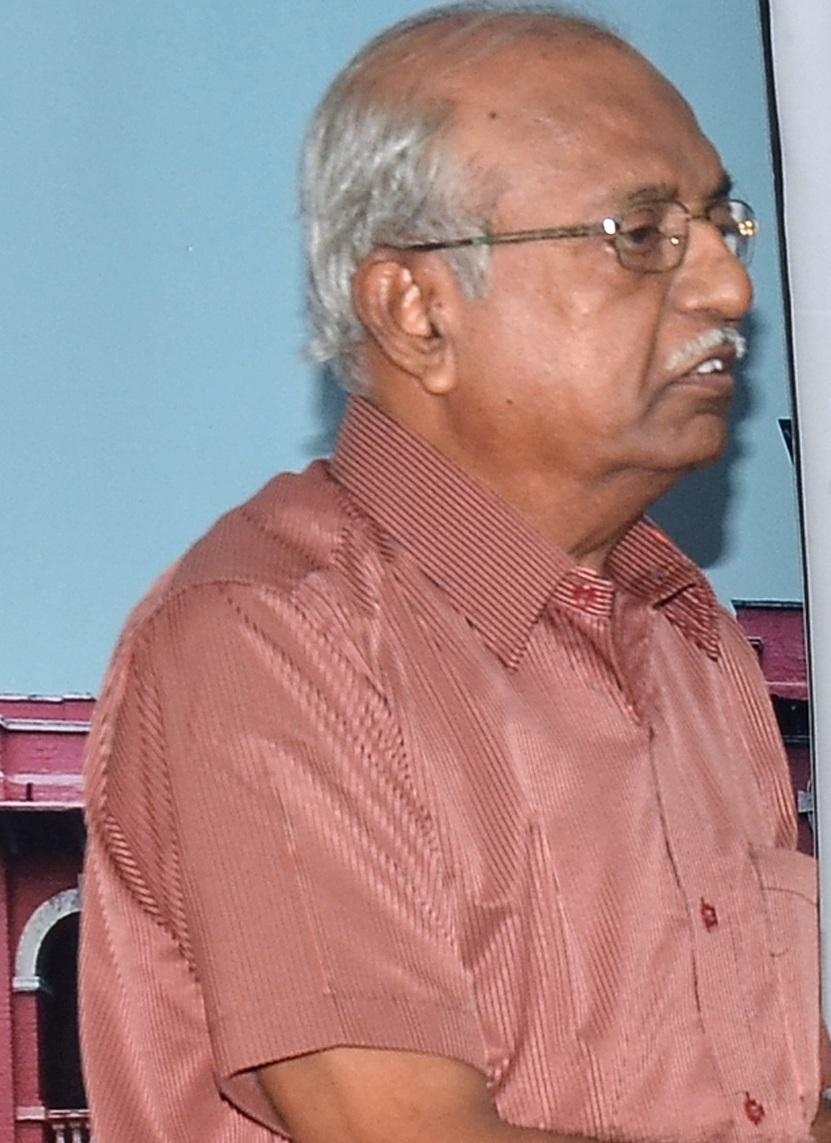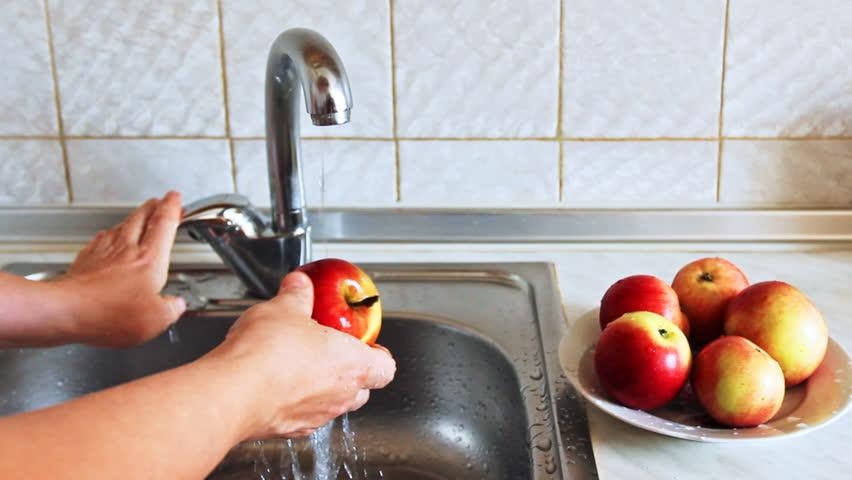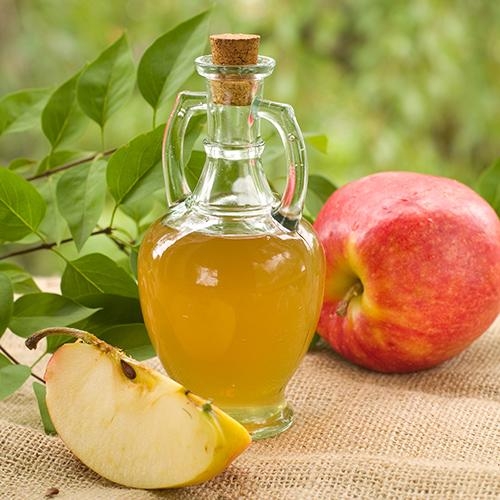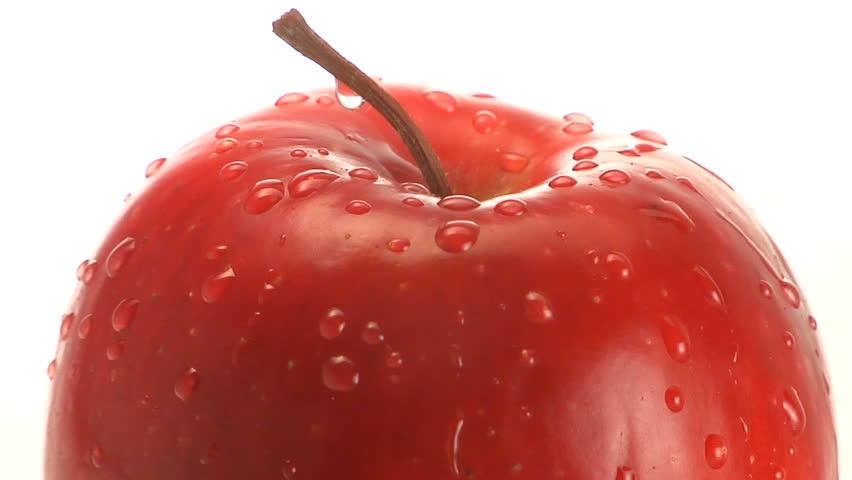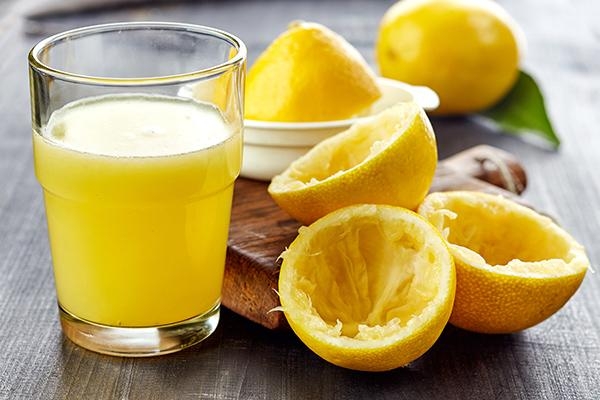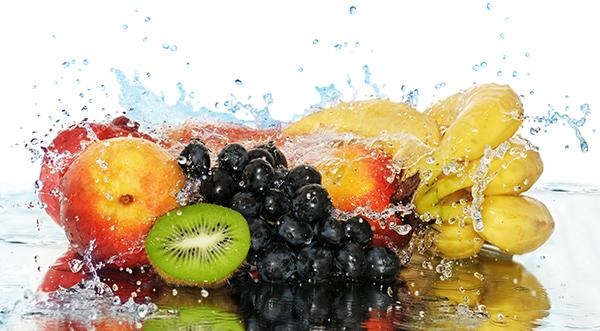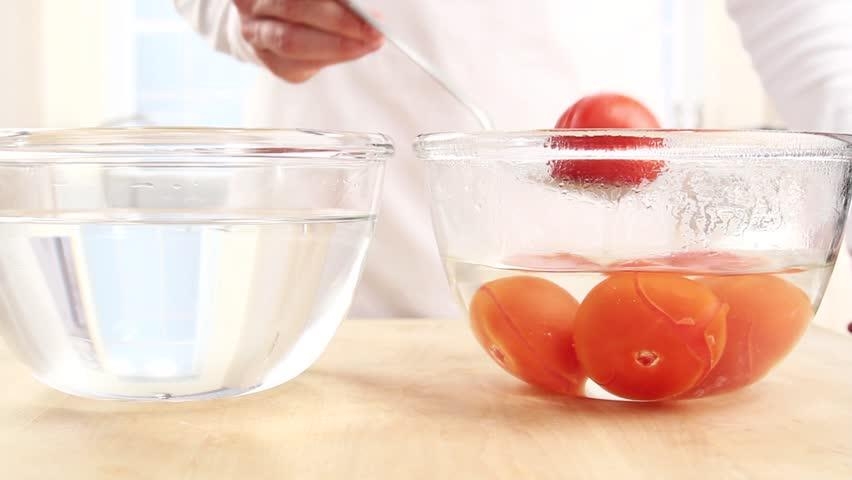It is an open secret that food adulteration is rampantly prevalent in every nook and corner of India. Since the governing bodies (or even the government) have no stringent checks (or they chose to ignore the same), food adulteration in India has reached unprecedented, dangerous levels. In a few years time, India will witness massive health issues as a result of this problem but do we really have any other choice? May be we do!
What is adulteration of food?
The technical definition of food adulteration according to the Food Safety and Standards Authority of India (FSSAI) is, “The addition or subtraction of any substance to or from food, so that the natural composition and quality of food substance is affected.”
Basically, Adulteration is a legal term meaning that a food substance fails to meet quality standards. It usually refers to non-compliance with health and safety standards.
Why is adulteration of food done?
Food is adulterated to increase its quantity and make more profit. In India, adulteration of food is normally done for financial gain or carelessness and lack in proper hygienic condition of processing, storing, transportation and marketing.
The Annual Public Laboratory Testing Report for 2014-15 brought out by the Food Safety and Standards Authority of India (FSSAI) says that of the 49,290 samples of food items it tested, 8469, nearly one-fifth, were found adulterated or misbranded.
Here is the list of top 10 daily food items that are adulterated:
1. Milk

Among all foods, milk adulteration is most common as it can be easily adulterated just by adding water. Milk produced by Indian cows might also be adulterated because they graze on garbage including plastic waste. It can also be adulterated with addition of detergent, fat, urea, caustic soda and, skimmed milk, starch. When impure water is used to adulterate milk, chances of infection and disease due to microbial contamination is very high on its consumption.
The Food Safety and Standards Authority of India found in 2012 that 70% of milk samples in the country were adulterated. Recent reports from Consumer guidance Society of India has reported that more than 70% of the milk in India is adulterated.
Alternatives you should consider:
There are lots of alternatives for milk which are natural and healthy. These include Almond milk, Coconut, Soy milk, Oat milk, Cashew, Hemp, and Sunflower. Though the nutrient content in these alternatives slightly vary, but level of contamination might be lesser.
2. Food grains and wheat flour

Rice and wheat are part of staple foods in India. But adulterants take away nutrition that is intended for the consumer leaving them under the illusion that their diet is perfect!
Other common ways of adulterating these foods are by adding sand/dirt to increase the overall weight, adding barn, plastic rice, and chalk powder.
Since, rice and wheat are part of staple foods in India replacing them might be difficult. But there are definitely better alternatives which are as good as rice.
Alternatives you should consider: Only certified organic rice or even get husked rice and get it dehusked at the local rice mill.
3. Coffee & Tea Powder

Coffee powder is usually adulterated with tamarind seeds, chicory powder, and starch. Consuming adulterated coffee is harmful and may result in diarrhea, stomach disorders, and severe joint pains.

Tea leaves are often adulterated with harmful ingredients like Indigo, Gypsum, Prussian blue etc.
The best way to avoid adulterated coffee and tea powder is to prepare it on your own. There are several methods or techniques available online on “How to prepare coffee and tea powder at home”. Find a trusted vendor and buy some good quality coffee beans or tea leaves and prepare it on your own.
Alternatives you should consider: Certified Green Tea, Nutty Smoothies, Licorice Tea, Wheatgrass Juice, Siberian Ginseng Tea, Reishi Mushroom Tea, Lemon Water, Pomegranate Juice, Green Smoothies, Schizandra Tea, Flaxseed Shake, Prune Juice, Peppermint Tea, Lemon Tea, Ginger Tea, Cocoa Drink etc.
4. Vegetables and Fruits

Most of the fruits and vegetables are adulterated with harmful pesticides. The Environment Working Group (EWG), a non-profit organisation released a list of the most adulterated fruits and vegetables. “The bottom line is people do not want to eat pesticides with their fruits and vegetables,” said Ken Cook, EWG’s president, and co-founder. “That’s why we will continue telling shoppers about agricultural chemicals that turn up on their produce and we hope we will inform, and ultimately, empower them to eat cleaner.”
We are not saying to stop eating fruits and vegetables, we are only trying to say, know what you eat is good for your health!
Alternatives you should consider: Find a vendor that sells only organic fresh fruits and vegetables. Fruits like apples are sprayed over with lead arsenate which causes dizziness, paralysis or even death. Try alternatives that are rich in nutrients like the V8 Juice, Almonds, Dates, Vitamin and Protein Rich Juices etc.
5. Common Salt

Yes. Even common salt is adulterated. Most commonly used adulterants are white powdered stone and chalk.
Alternatives you should consider: Salt cannot be completely substituted, but you can use organic and natural ingredients and reduce the intake of common salt. Cinnamon is the oldest spice known and is a good salt alternative as has the ability to regulate blood sugar level and cholesterol.
6. Spices

Spices are exported to a large number of countries across the world from India since ages. Many of these spices like cardamom, clove, nutmeg, ginger etc., are inseparable ingredients of the Indian ‘Masala Chai‘. Our spices are not just used to brew a refreshing cup of tea – they form the basis of Indian cooking.
Food and Drugs Administration (FDA), while confiscating adulterated spices in Bhopal had stated that some of the adulterated spices found in the raid were so toxic that they could even lead to cancer.

Turmeric powder is one such spice which is most prone to adulteration. It is adulterated with ‘metanil yellow’ which is produced with raw materials like ‘metanilic acid’ and ‘diphenylamine’. Consumers are unaware of the risks of consuming turmeric powder mixed with ‘metanil yellow’. It is purely carcinogenic – means it is capable of causing cancer in living tissues.
Alternatives you should consider: Turmeric powder can be substituted with Saffron, in some recipes; you can use fresh ginger as an alternative to fresh turmeric root, Cumin etc.
7. Vegetable Oils

Some vegetable oils are highly priced due to which some manufacturers adulterate them with less expensive oils and fats to get more profit. There are two major adulteration techniques used in India: 1) Admixing cold pressed oil with refined oil and 2) Replacement of more expensive oils and fats with cheaper variants. Most common adulterants used in vegetable oils include Castor oil, Karanja Oil, and Mineral oil. Some oils are more prone to adulteration because of the higher prices and limited accessibility (ex. Virgin Olive Oil).
Alternatives you should consider: The best substitutes for these adulterated vegetables oils are organic or imported Olive oil, Coconut Oil, Sesame Oil, Avocado Oil, Butter, Apple Sauce, Mashed fruits etc.
8. Honey

Honey has been used by countless cultures all around the world from centuries and is well known for its medicinal characteristics. The numerous health benefits of honey have made it an important element in traditional ayurvedic treatments and is widely used today for cooking, baking, desserts, and more.
Honey is often adulterated with water and table sugar to increase the bottle’s quantity. According to a study carried out by the Centre for Science and Environment, most honey brands being sold in the country contain varying amounts of antibiotics and their consumption over time could induce resistance to antibiotics, lead to blood-related disorders and injury to the liver.
Alternatives you should consider: For those, who want to cut down on the refined sugar or adulterated honey, can try the natural alternatives that have health benefits. Some of them include Maple syrup, Coconut nectar, molasses, Monk fruit, agave nectar, Fruit sugar, Yacon root syrup, and Date sugar.
9. Fish and Meat

Fish lovers beware! It is found that fish vendors are using Formalin, a toxic and carcinogenic chemical commonly used to preserve dead bodies in mortuaries, to prevent fish from deteriorating during transportation.
While Meat and meat products have a great significance in human nutrition which is rich source of proteins, containing all the essential amino acids and a good source of iron, phosphorus, zinc, selenium, riboflavin, niacin, vitamin B6, vitamin B12, choline etc. Red meat, such as beef, pork, and mutton contains many essential nutrients necessary for healthy growth and development in children. Meat is found to be adulterated by the vendors with water and mostly found mixed with different animals meat.
Alternatives you should consider: Know how to identify adulterated food and avoid getting cheated. Don’t buy fish which looks stiff, rubbery and super clean. Always buy sea foods and meat that looks fresh and try avoiding canned foods. The best alternatives for sea food and meat are Mushrooms, Jackfruit, Eggplant, Cauliflower, Beans, Potatoes, and plant-based foods like Tofu or Tempeh etc.
10. Ice Cream

It might not be good news for all ice-cream lovers out there but sadly it’s true that ice creams are also prone to adulteration. Adulterants used in ice cream are Metanil Yellow, washing powder, pepperonil, ethylacetate, butraldehyde, emil acetate, nitrate etc.
So next time you feel like indulging yourself in ice cream, make sure that you buy it from reputed vendors. To be safe, ice cream lovers can prepare ice creams on their own at home.
Tips to identify adulterated foods:

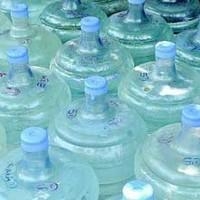
_20580.jpg)
